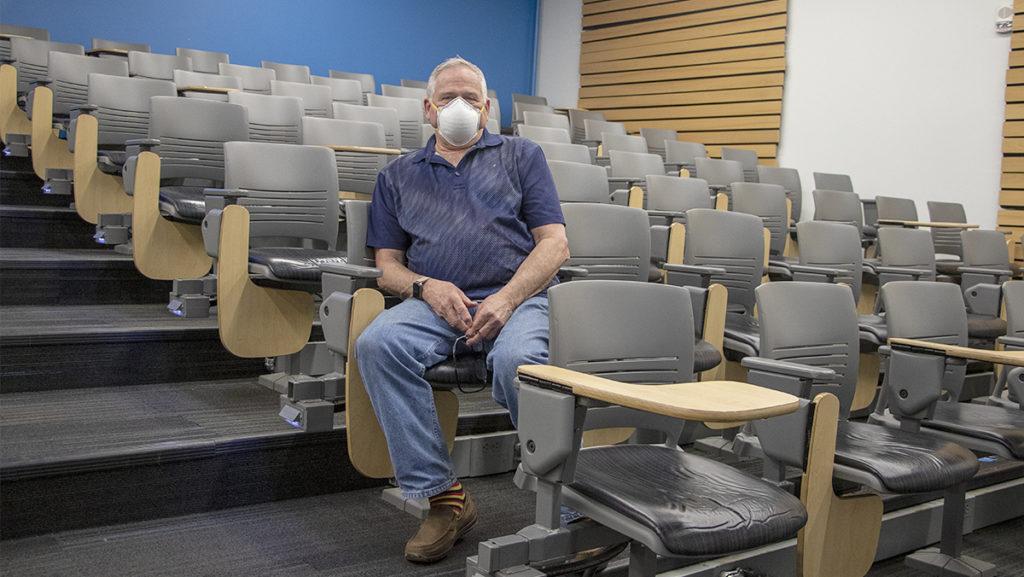In Spring 2017, the Ithaca College Contingent Faculty Union negotiated a contract with the administration to improve contingent faculty salaries, working conditions and access to institutional opportunities.
Four years later, the union is beginning negotiations for its second contract, as the current collective bargaining agreement is set to expire May 31.
Because the initial 17-month strife the union went through happened before any of the undergraduate students currently at the college stepped on campus, many may not be knowledgeable of the labor issues that occurred.
The union was built in response to the crisis that swept American higher education. Contingent faculty members are on part-time or short-term contracts and are not on the tenure track. Contingent faculty members at colleges across the country felt disrespected, hopeless and powerless when it became clear that their jobs could be easily cut and their positions on campus replaced. Similar to now, contingent faculty members found themselves at risk of losing their jobs — and even more, their connections with students.
It was heartening to see so many students use this academic year to engage with questions of labor rights and ethics in the sphere of higher education. However, as demonstrated with the union, these problems are not new. Students at the college should take the time to learn about the college’s history — the good and the bad — to have a more comprehensive understanding of the issues that have always existed in higher education and were only exacerbated this year.
Although it may seem dense to read, take the time to look at the union’s original contract. Understand what union members are asking for this time around: increased aid and benefits for contingent faculty members who have been impacted by the COVID-19 pandemic or were terminated as a result of the Academic Program Prioritization process. These are not outlandish or unreasonable requests. They are just asking for protections that they do not currently have.
Students should continue to support faculty members, even when there are no flashy rallies or protests to attend. Contract negotiations occur mostly behind the scenes, but having an understanding of what our faculty members are going through in order to keep teaching us in the classroom is of the utmost importance.



















